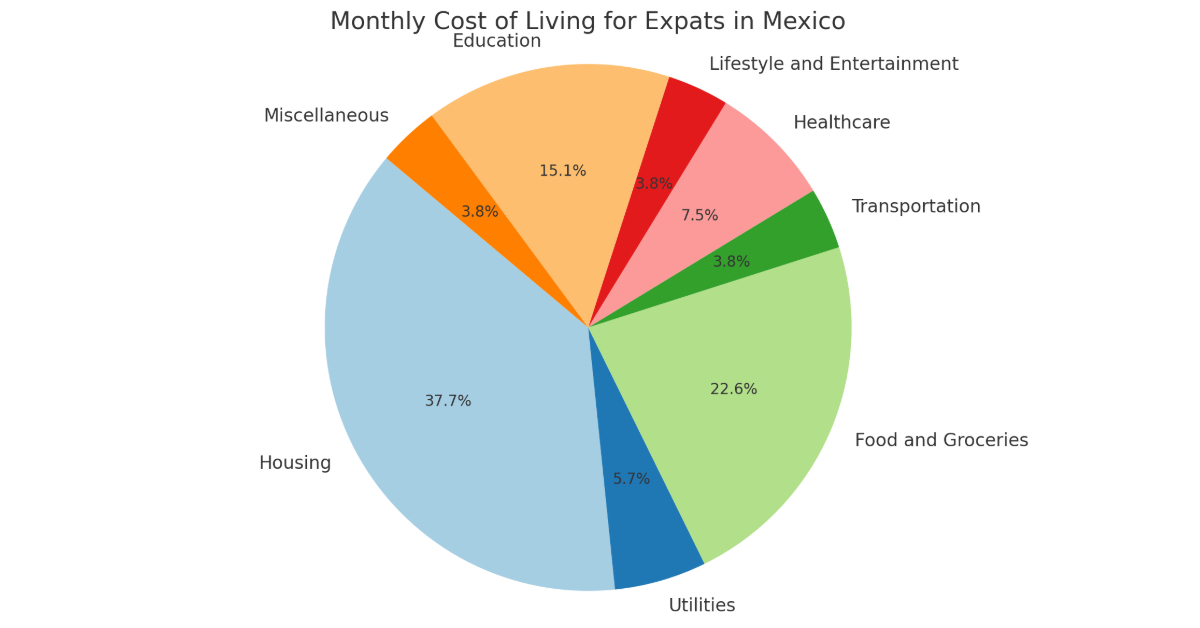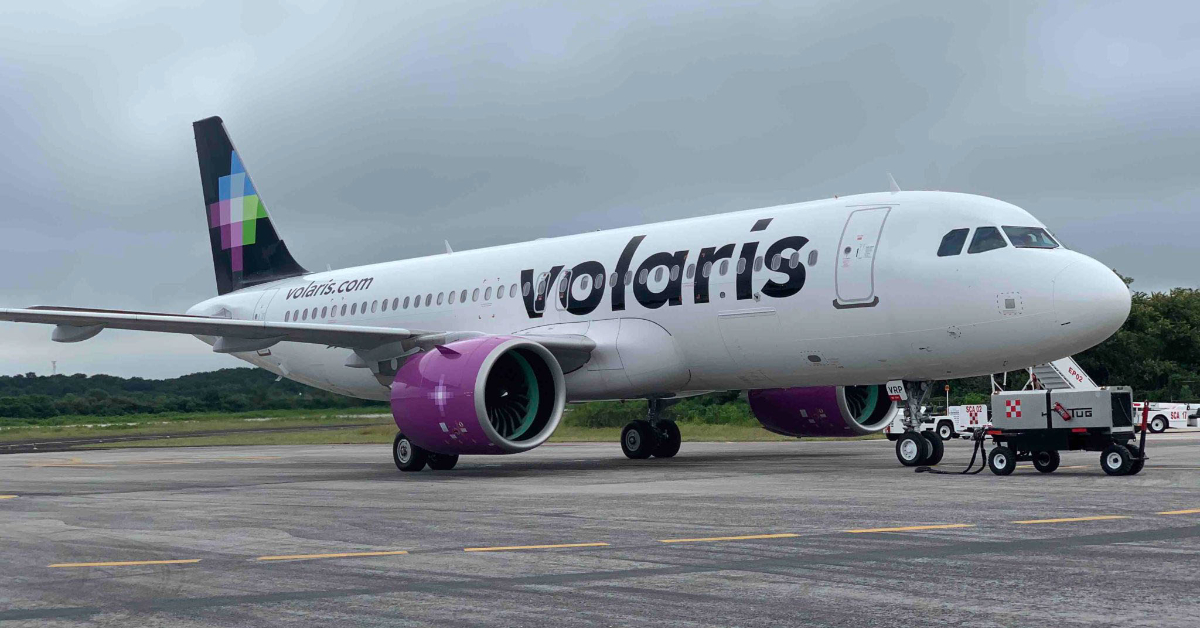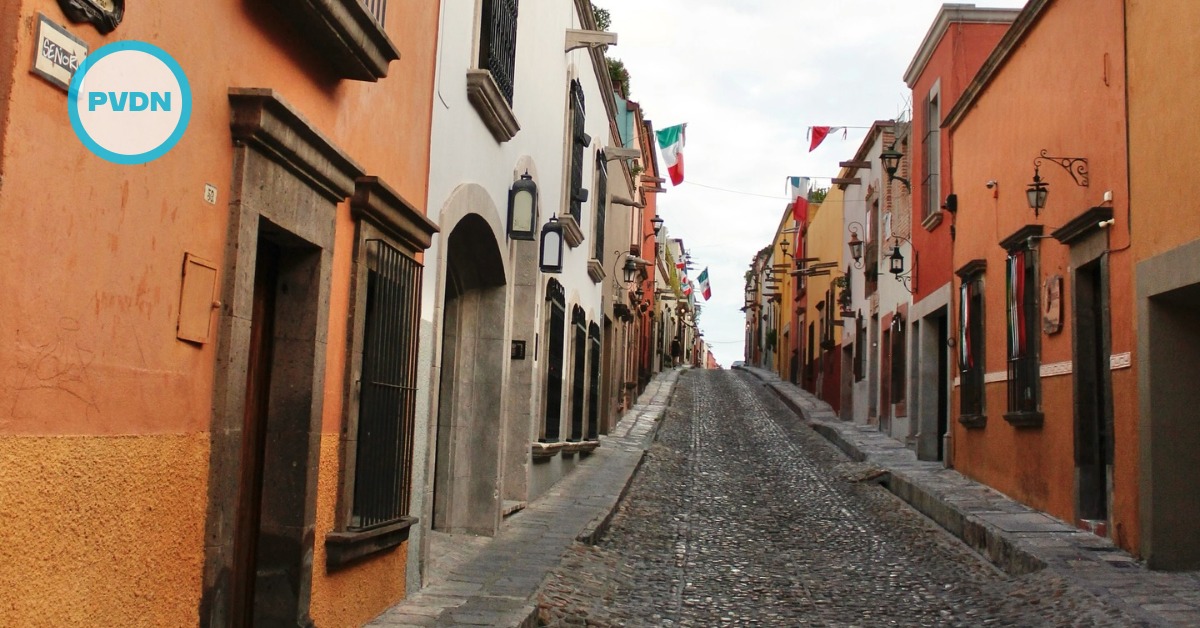Mexico has long been a favored destination for expatriates seeking a vibrant culture, diverse landscapes, and a lower cost of living compared to many Western countries. The allure of Mexico's rich history, warm climate, and friendly communities make it an attractive option for those looking to relocate. This article provides an in-depth look at the cost of living in Mexico for expatriates, covering essential aspects such as housing, utilities, food, transportation, healthcare, and lifestyle.






